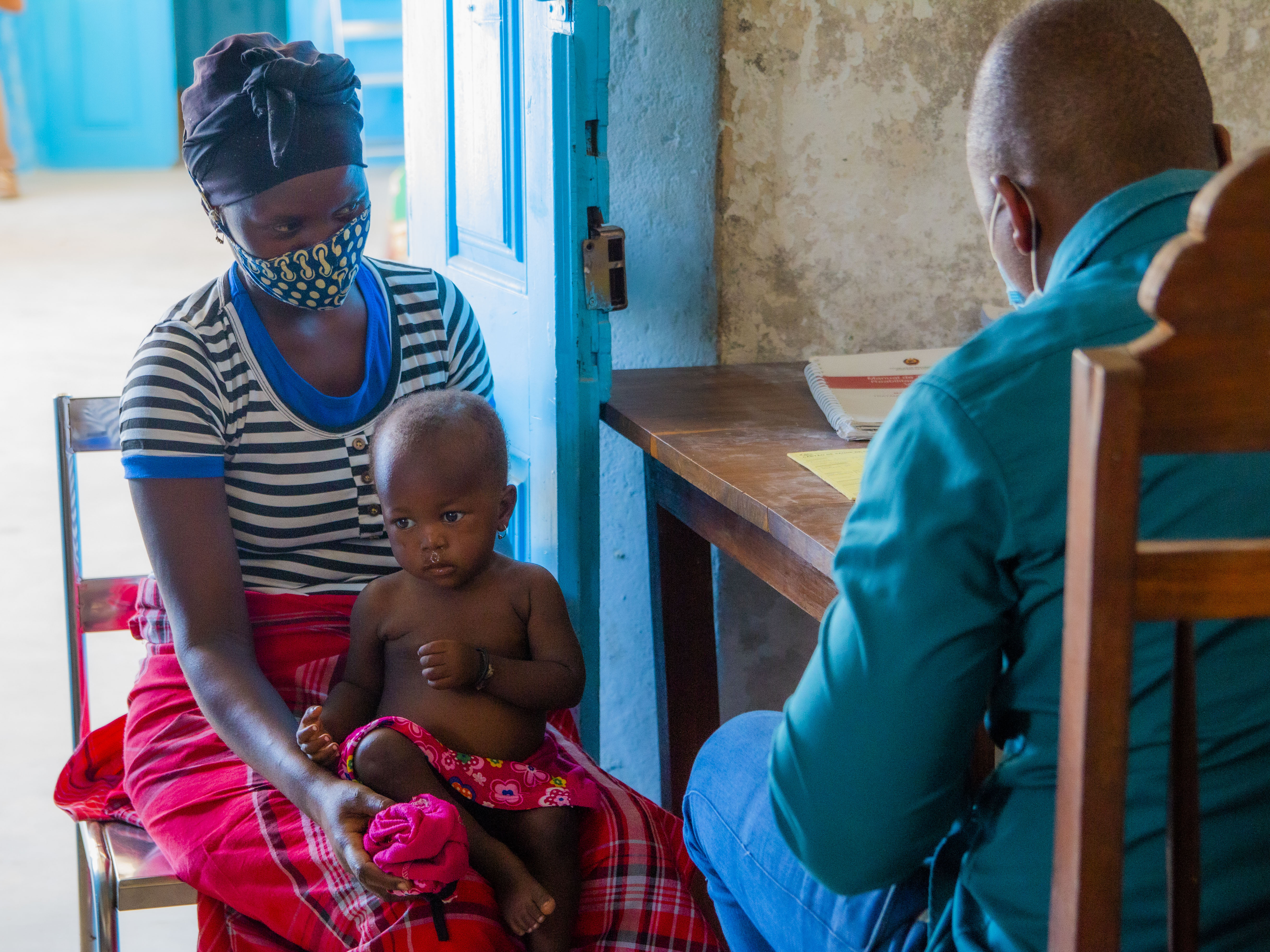main content start
We’re the only AI-powered clinical decision support tool deployed in primary health facilities in Tanzania - and we don’t take that lightly.
We know that the introduction of innovative technologies in healthcare has the potential to significantly impact lives across Sub-Saharan Africa, and we are excited to continue developing our tool, expanding the number of diseases we cover, and ensuring healthcare providers across various levels of care have access to Elsa’s Intelligence.
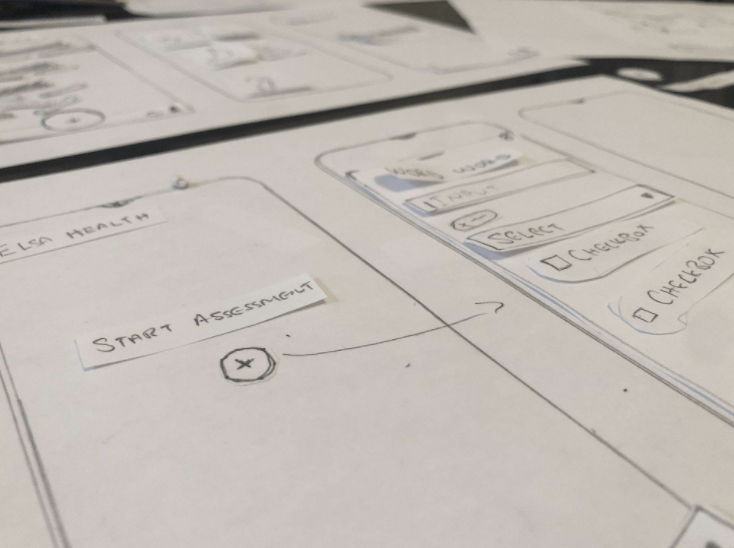
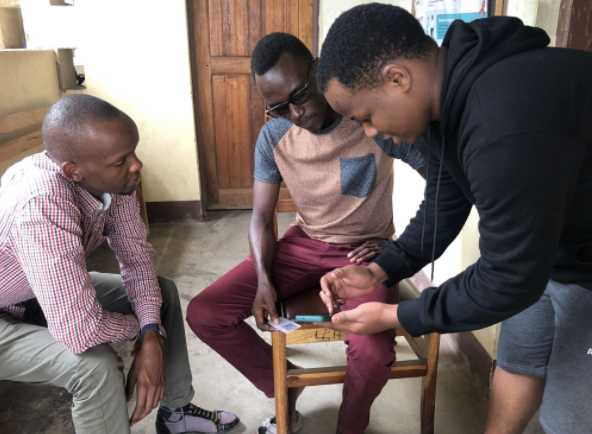
Open source is critical for our growth
Related Stories

Portfolio News
AGUA: Revolutionizing Global Collaboration for Funding Transparency (with Growth Graduate Atix Labs)
Mar 04 , 2024
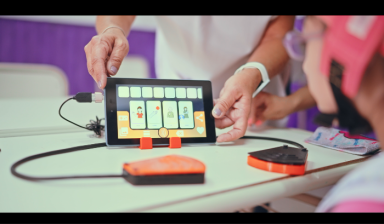
Portfolio News
Sep 26 , 2023
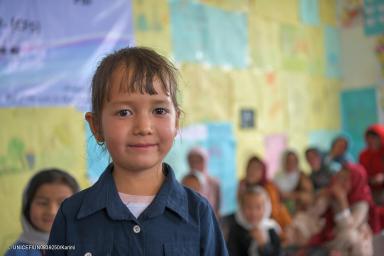
Portfolio News
Sep 26 , 2023
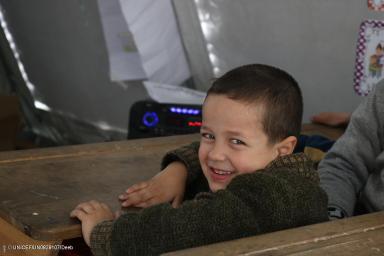
Portfolio News
Sep 25 , 2023
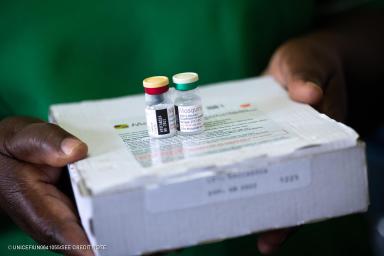
Portfolio News
Sep 25 , 2023
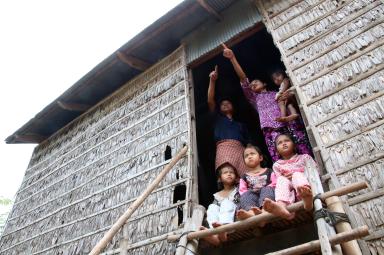
Portfolio News
Sep 25 , 2023
